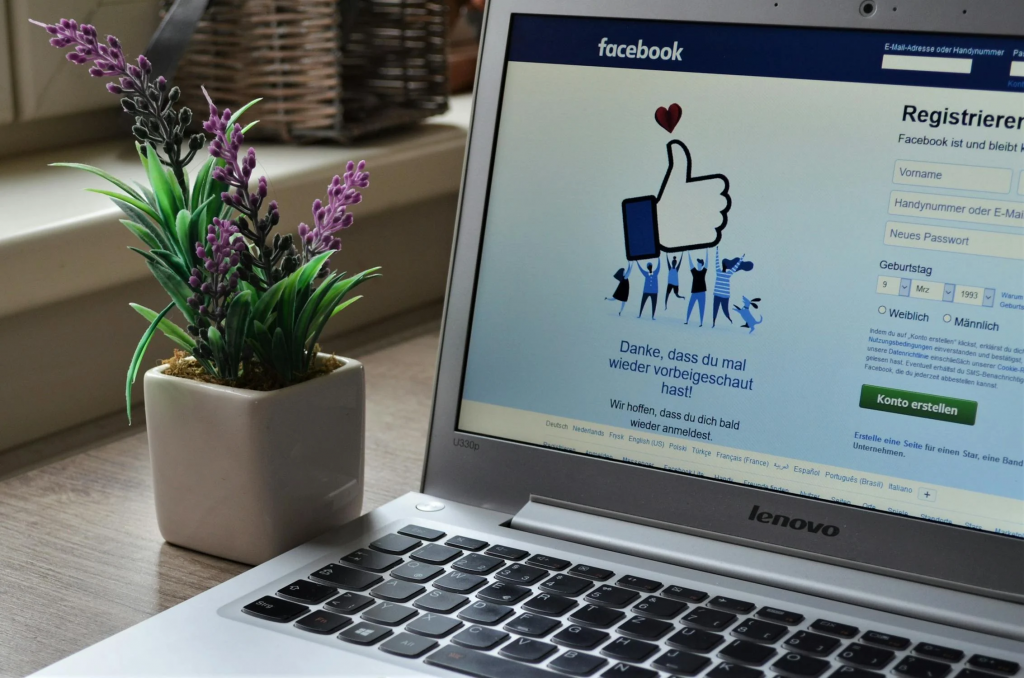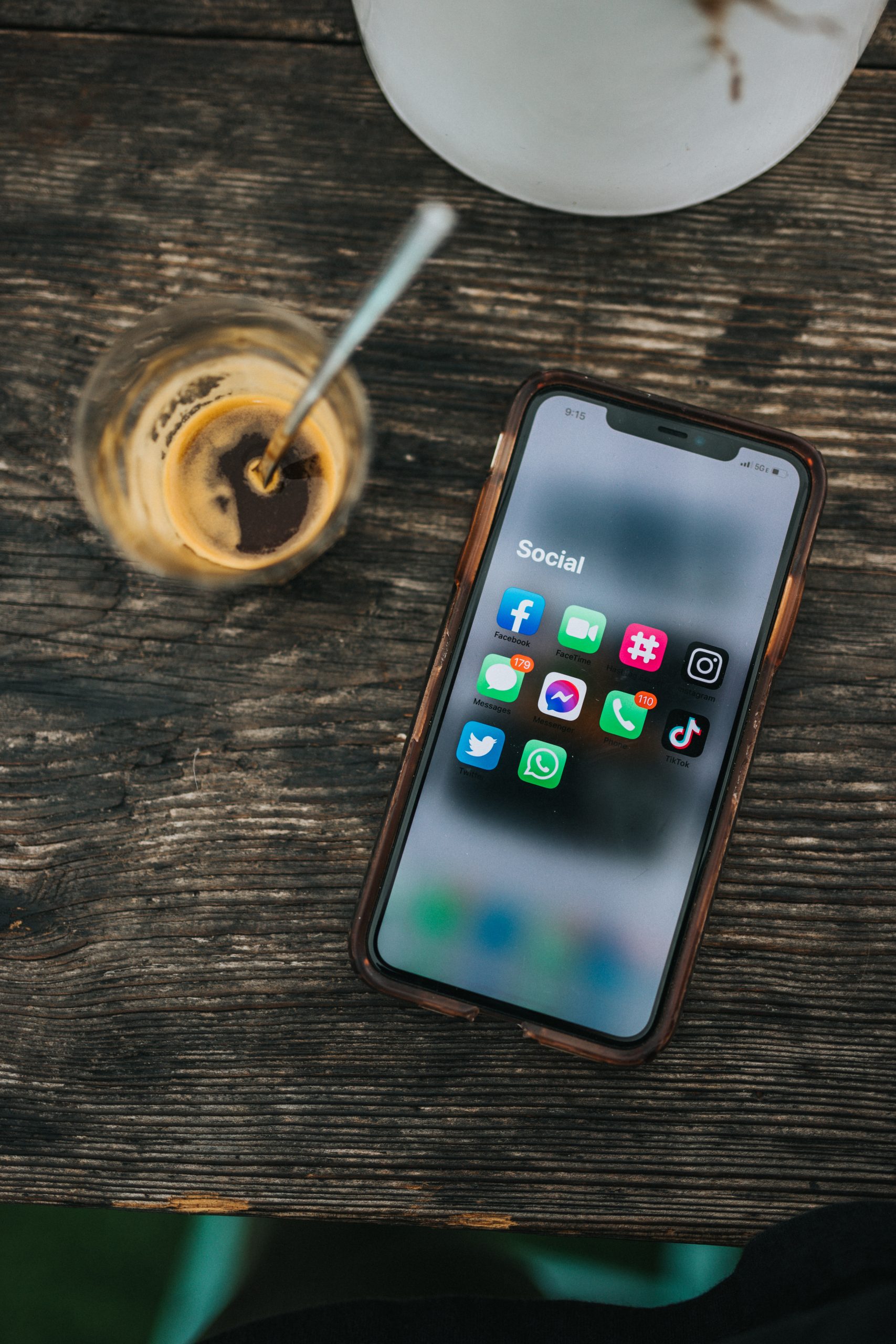In today’s digital world, “social media detox” is all the rage. From Silicon Valley CEOs to college students, more and more are logging off: deleting apps, turning off notifications, and backing away from TikTok, Instagram, and X (formerly Twitter).
On the surface, this looks like a win for digital minimalism and mental health. But let’s take a closer look. Is the decision to “detox” really as self-driven and empowering as it sounds? Or is it a rebellion that’s quietly shaped — even welcomed — by the very platforms we’re trying to escape?
What Are We Really Trying to Escape?

The Problem Isn’t Content — It’s the System
We think we’re tired of endless content. We’re really tired of the system producing the feed:
Infinite Scroll: No limit to the content, designed to keep you going.
Algorithmic Traps: Tailored recommendations based on what you do — typically pushing emotionally triggering or stress-inducing posts.
Gamified Interaction: Likes, shares, followers — social currency that sneaks up on our self-esteem.
This isn’t about personal failure. It’s about engineered design. You’re not weak — you’re being optimized against.
Thus, in the attention economy, your focus is the product. Social media detoxes, then, are less about “clean living” and more about regaining agency — a defensive act against systems built to maximize retention, not well-being.
Is the Detox Narrative Truly Empowering?

When “Discipline” Is the New Morality
The traditional detox success story goes something like this:
“I quit Instagram for 30 days.”
“My anxiety disappeared after I went off TikTok.”
“Self-discipline changed my life.”
As uplifting as they are, these stories carry a dark undertone: you are the problem.
Feeling stressed? Maybe you just need a little more discipline.
Struggling with addiction? Maybe you just need better time management.
You’re drowning? Improve at “balancing” your screen time.
This individualizes the problem — removing the platform’s complicity from the picture entirely.
Irony alert: the majority of individuals “detox” from social media… and then immediately post about it. They vlog it ,make detox challenge videos and theyhey get engagement from not engaging.
Social media detoxing, ironically, becomes content. The machine adapts. Your resistance is part of the marketing cycle. Detoxing becomes profitable.
Why Platforms Aren’t Worried About Your Detox

Social sites don’t care you’re leaving. Their measurements — DAU, MAU, retention curves — already account for user churn. You leave, you come back, typically with more activity.
And plenty of detoxers do come back, typically on sites even more aggressively. Sites know this. That’s why they don’t try too hard to keep you.
Notice things like:
“Your Daily Limit”
“Time Well Spent” summaries
“Screen Break” reminders
These seem like self-care features, but actually they’re PR shields. They say:
“We provided the tools. If you overuse them, that’s on you.”
It’s a casino hanging up a sign that says, “Gamble responsibly.” The system hasn’t changed — just the optics.
So, Should We Even Try to Detox?
Yes — but with intentions that are more transparent.
Instead of mythologizing detoxing as a heroic personal achievement, let’s treat it as:
✅ A Social Mirror
Detoxing as a means to observe your relationship with media, attention, and emotional response — not punishment or self-proving.
✅ A Reset Button
Reconsider how you want to use social media. Not “quit forever,” but redesign the terms: when to use, what to engage with, whom to follow.
✅ A Power Reclaim
Platforms control your behavior — detoxing, even if momentarily, is a reminder that you’re still in control. That’s empowering, if only momentarily.
Freedom Starts With Systemic Awareness

A social detox isn’t weakness. Nor is it proof of moral strength. It’s a sign — something within the system no longer works for you.
You’re not broken. You’re reacting normally to a system geared to function well on your fatigue.
So detox not just. Listen. Ask questions. Rebuild.
The mission isn’t to disappear — it’s to recover agency in an environment that silently benefits from your lack of it.
Download Lifebonder App for Real Connections


